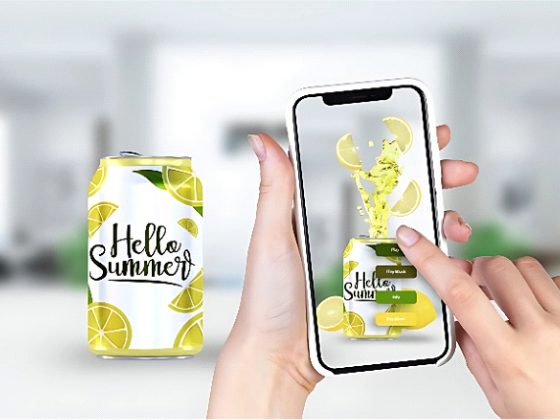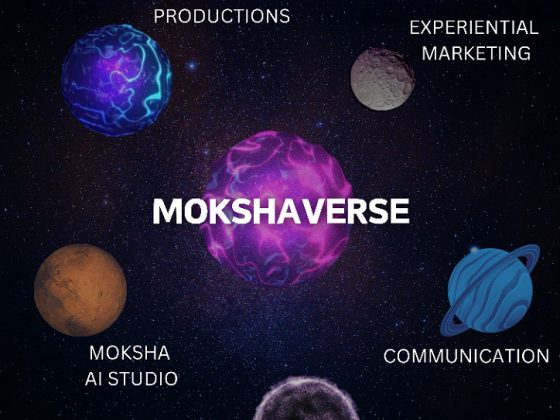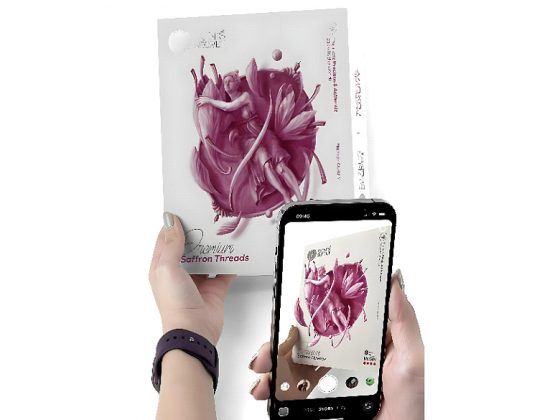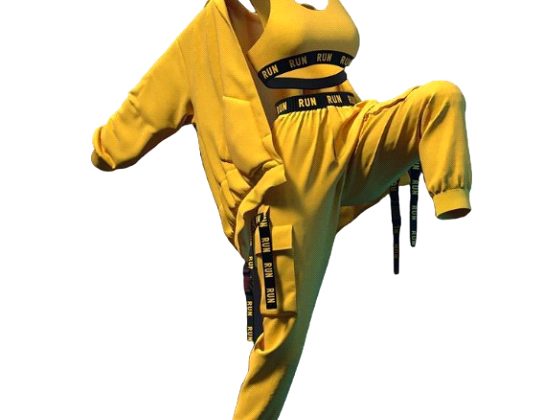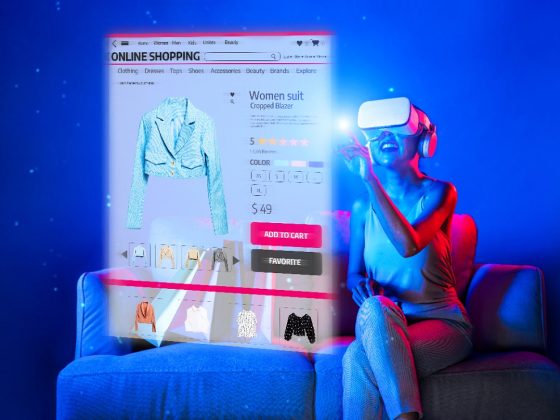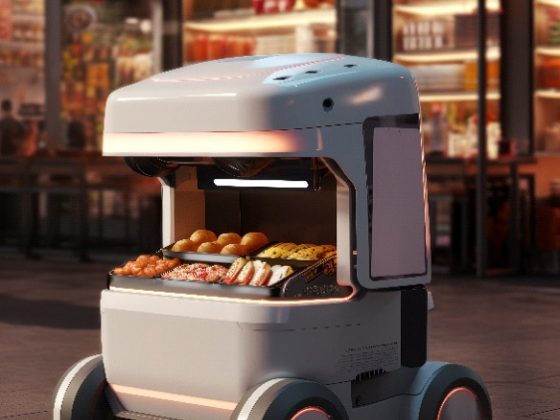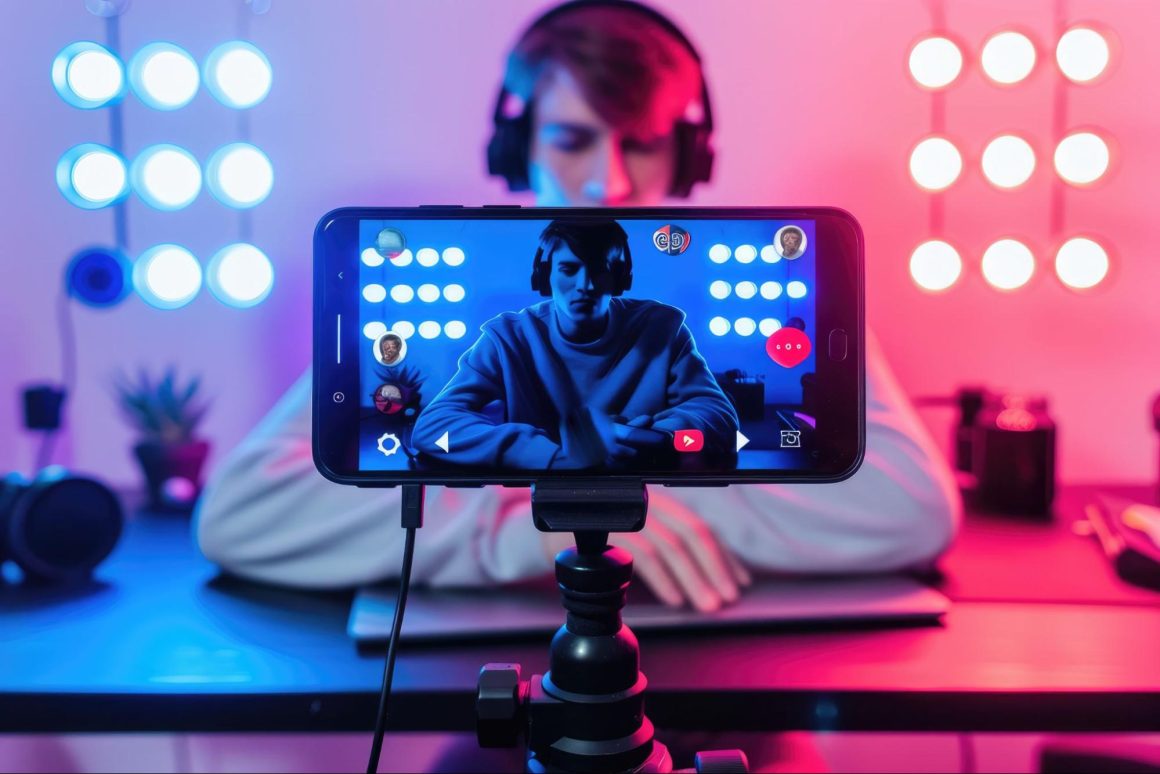
Beyond consistent engagement, virtual influencers offer cost- effective solutions in the long run. Although initial creation costs are high, ongoing travel and appearance fees are eliminated. NARS Cosmetics’ virtual influencer Ava exemplifies how virtual influencers can enhance campaigns without adding to ongoing operational expenses, making them an efficient choice for long-term brand engagement.
Virtual influencers’ decisive advantage is their ability to integrate predictive analytics into engagement strategies. By using real-time data on consumer preferences, behaviours, and interactions, brands can fine-tune virtual influencer campaigns’ content, tone, and timing.
Predictive analytics allows brands to anticipate shifts in consumer interests and adjust messaging accordingly, enabling more effective targeting and maximising return on investment. For example, recent research indicates that predictive analytics in marketing can boost conversion rates by up to 60%, as campaigns can be optimised for each demographic.

Using virtual influencers powered by AI and analytics, brands can also segment audiences based on past behaviour and purchasing trends. This segmentation enables personalised messaging that resonates with individual consumers. For FMCG brands, where margins are often tight, this level of precision can drive impactful marketing at scale, delivering personalised messages and offers that resonate with each audience segment and elevate customer lifetime value.





